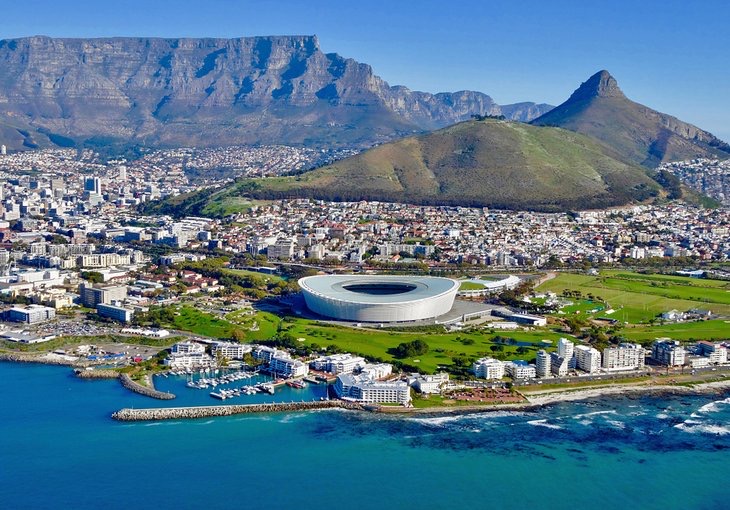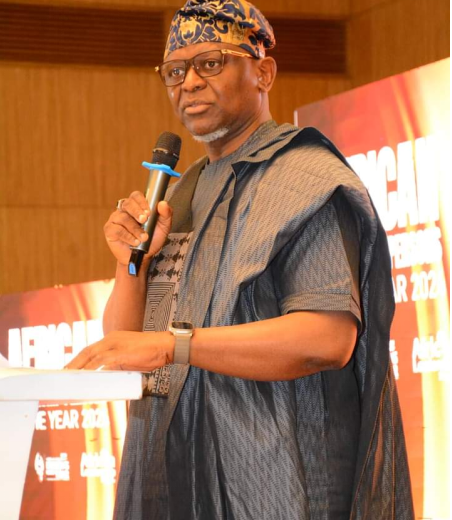Within democratic societies, individuals are allowed to openly articulate their perspectives, while concurrently upholding the principles of the rule of law and adhering to consistent governance regulations. Despite challenges to democracy globally, it remains a dynamic process. In times of economic uncertainties across many regions, democratic systems offer a framework that allows for flexibility, responsiveness, and the protection of citizens’ rights.
In Africa, the journey toward democratic consolidation varies, facing threats from populism, authoritarian leaders, and divided societies. Despite debates on prioritizing development over democracy, the demand for political freedoms remains high. The question of whether democracy is failing and putting our economic system at risk is complex and subjective. Different people may have varying opinions on this matter, and the assessment can depend on specific contexts and perspectives.
Democracy takes various forms around the world, and the performance of democratic systems can vary. Some democracies may face challenges such as political polarization, corruption, and inefficient governance, which could potentially impact economic stability. However, it’s important to recognize that blaming democracy alone for economic issues may oversimplify a complex interplay of factors, including global economic dynamics, technological advancements, and geopolitical events.
According to an analysis by Economist Daron Acemoglu on the effect of democracy on economic growth, following their transition to democracy, Portugal and South Korea implemented crucial reforms, including expanding healthcare and education. South Korea, after embracing democracy, ceased suppressing unions. President Biden emphasizes that democracy in action is exemplified when a worker is free to join a union. Advocacy for improved wages, enhanced benefits, and safer workplaces contributes to victories for all workers and elevates the overall standard of living.
Democratic governments have the advantage of being able to adapt policies swiftly in response to economic challenges. The open dialogue and debate inherent in democratic systems facilitate the formulation of diverse policy solutions, allowing for a more comprehensive and flexible approach to economic downturns. This adaptability is crucial for addressing the dynamic nature of economic crises. Also, during economic downturns, citizens demand clear explanations and justifications for policy choices. This accountability ensures that the government is answerable to its constituents, promoting trust and confidence even in challenging times.
In other regions, Poland, Czechia, and the Baltic states initiated a series of democratic reforms in the 1990s following the downfall of communism. They established strong legal systems and became members of the European Union, among other measures, which significantly increased their gross domestic product per capita, as noted by William Tompson, the head of the Eurasia division of the Organisation for Economic Co-operation and Development. Democracies have shown resilience and adaptability over time, facing and overcoming various challenges. While there may be periods of turbulence, democracies often have mechanisms for self-correction and reform. The success or failure of a democratic system in managing economic issues depends on multiple factors, including the specific characteristics of the democracy in question and the effectiveness of its institutions. It is important to analyze each case individually rather than making sweeping judgments about the entire concept of democracy.
While historically criticized as unstable and a threat to property, democracy’s proponents argue that questioning its flaws is a privilege granted by democratic societies. The place of democratic government during an economic downturn is marked by adaptability, accountability, and a commitment to inclusive decision-making. Alternatives, such as authoritarian states, may lack fairness, balanced information, and minority rights protection. Hence, the call is to deepen democracy by reinforcing liberal guarantees and enhancing responsiveness and accountability. In the face of alternatives, democracies appear indispensable.


